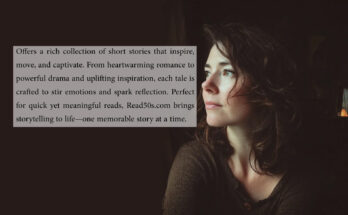For years, I was the go-to legal lifeline for my family. Every dispute, every contract, every minor inconvenience—they’d come running. Not with gratitude, but with expectation. I was the free lawyer, the fixer, the one who “owed” them because we shared blood.
It started small. A cousin needed help with a lease. Then my uncle wanted me to review a business agreement. Soon, I was drowning in unpaid work—drafting wills, negotiating settlements, even defending relatives in court. I’d spend weekends buried in paperwork while they went on with their lives, never once offering compensation or even a sincere thank-you.
The worst part? They didn’t respect my boundaries. If I said I was busy, they’d guilt-trip me. If I asked for payment, they’d act betrayed. “You’re family,” they’d say, as if that justified exploiting me. My profession became their entitlement.
One day, I snapped. My brother called, demanding I drop everything to help him sue a neighbor. I told him no. He exploded. Called me selfish, ungrateful, even accused me of forgetting where I came from. That was the moment I realized: I wasn’t being loved—I was being used.
So I stopped. I drew a line. I told my family I’d no longer offer free legal services. If they wanted my help, they’d have to treat me like any other professional—with respect, compensation, and boundaries.
The backlash was brutal. Some relatives stopped speaking to me. Others spread rumors that I’d “changed.” But I stood firm. Because I had changed. I’d reclaimed my worth.
Now, I work with clients who value my expertise. I spend time with people who see me as more than a tool. And I’ve learned that saying “no” isn’t cruel—it’s necessary.
Being family doesn’t mean being free. It means mutual respect. And I refuse to be anyone’s unpaid lifeline ever again.
